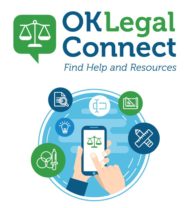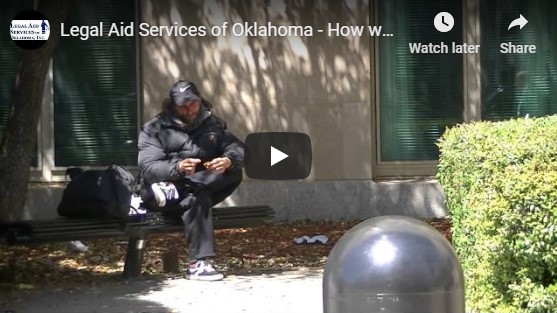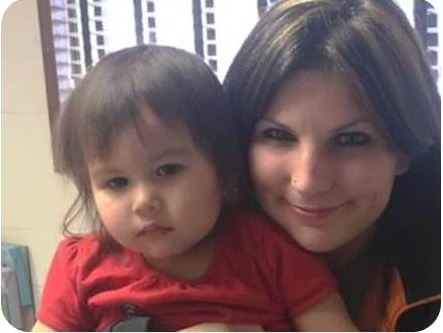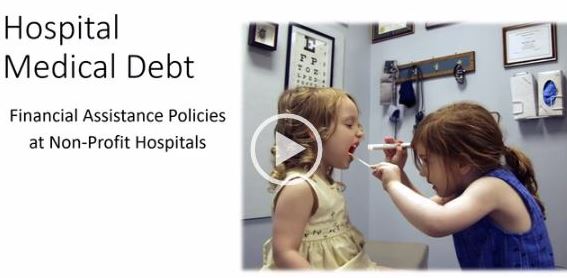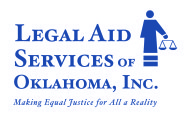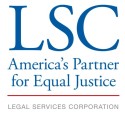Legal Aid, city team up to offer expungement clinic
Area residents who have past criminal convictions or have civil judgments will have an opportunity this month to learn how those likely barriers to housing and employment might be removed from public records.
Legal Aid Services of Oklahoma and the city of Muskogee will team up to offer an expungement clinic that will be presented during two sessions. The clinic is an extension of LASO-Muskogee’s Fair Housing Project and the city’s pledge to become a community of practice and participation in the Poor People’s Campaign.
Muskogee 11.9_11.16.2019 Expungement flyer
The first clinic will provide for participants information about traditional expungement laws and how the recent reclassification of certain felonies as misdemeanors affects the procedure. The informational clinic will be from 10 a.m. to 2 p.m. Saturday at Muskogee Civic Center.
Lawyers will help participants who meet the legal qualifications to have a criminal conviction expunged complete the requisite forms during a second clinic. The second session will be from 10 a.m. to 2 p.m. Nov. 16, also at the Civic Center.
Teressa Webster, director of the Fair Housing Project at LASO’s Muskogee office, said studies show criminal records have proven for many to be barriers to “good, affordable housing and employment.” That can be even more problematic in Oklahoma, where incarceration rates are among the highest in the nation.
“We realized we needed to do something to help remove those barriers for individuals who have … re-entered society and are proving themselves as being productive citizens,” Webster said. “We’ve been working with the city of Muskogee … to figure out ways … (to) remove barriers that prevent them from being able to fully re-enter society either through housing or employment.”
Webster said conversations with Ward IV Councilor Marlon Coleman and City Attorney Roy Tucker resulted with LASO and the city partnering to present the clinic. Lawyers from the Oklahoma Attorney General’s Office and Oklahoma State Bureau of Investigation are expected to take part during the informational clinic.
Tucker described the clinic as a significant step toward fulfilling a pledge city councilors made a few years ago to “give a voice to those individuals who are living in poverty.” Providing information and assistance to those who otherwise may not know how to expunge a criminal record, he said, is part of the city’s efforts “to help get folks out of generational poverty.”
“I think we’re all doing what we should and working hand in hand trying to eliminate poverty,” Tucker said. “At the very least, we’re helping them remove all the barriers that we can.”
Coleman described the clinic earlier this year as an extension of an amnesty program that provided opportunities for those who owed outstanding fines and fees in Muskogee Municipal and County courts to work out affordable payments without the threat of being jailed. The clinic, he said, will walk offenders through the expungement process.
“What happens many times is even though expungement is available, people don’t take advantage because it is a cumbersome process,” Coleman said. “It is a detail-oriented process …, and so we have set that up through this program.”
Webster said those who attend the clinic will also learn how they might be able to seal the judicial record of civil judgments that could foreclose housing and employment opportunities. While there is no explicit statute addressing the issue, Webster said relief may be available to those who can show the harm caused by the public record outweighs the public’s right to know about the contents of the record.
If you go
WHO: Legal Aid Services of Oklahoma and the city of Muskogee.
WHAT: Expungement Clinic.
WHEN: Informational clinic, 10 a.m. to 2 p.m. Saturday; workshop, 10 a.m. to 2 p.m. Nov. 16.
WHERE: Muskogee Civic Center.
INFORMATION: The clinic is free and open to all, and assistance will be provided to those who meet legal qualifications for expungement.








